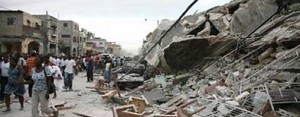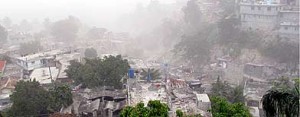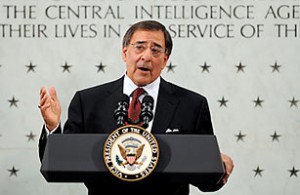
How easily we forget the balance books of history. Below are two pieces, one from the colonial era written in 2006, the other from the recent “neo-colonia” era in which the author examines the specifics of the Clinton Administration's policies toward Haiti. Chuck

America's Historic Debt to Haiti
By Robert Parry February 10, 2006
As Haiti intrudes again on the U.S. consciousness with a new round of troubled elections, Americans see a violent, backward, poverty-stricken country run by descendants of African slaves. There are feelings of condescension mixed with a touch of racism.
But what few Americans know is that they owe this Caribbean nation a profound historical debt. Indeed, perhaps no nation has done more for the United States than Haiti and been treated as badly in return.
If not for Haiti – which in the 1700s rivaled the American colonies as the most valuable European possession in the Western Hemisphere – the course of U.S. history would have been very different. It is possible that the United States might never have expanded much beyond the Appalachian Mountains.

Before and After the Quake
The Incapacitation of Haiti
Why were 60 percent of the buildings in Port-au-Prince shoddily constructed and unsafe in normal circumstances, according to the city's mayor? Why are there no building regulations in a city that sits on a fault line? Why has Port-au-Prince swelled from a small town of 50,000 in the 1950s to a population of 2 million desperately poor people today? Why was the state completely overwhelmed by the disaster?
To understand these facts, we have to look at a second fault line–U.S. imperial policy toward Haiti. The U.S. government, the UN, and other powers have aided the Haitian elite in subjecting the country to neoliberal economic plans that have impoverished the masses, deforested the land, wrecked the infrastructure and incapacitated the government.
The fault line of U.S. imperialism interacted with the geological one to turn the natural disaster into a social catastrophe.
Continue reading “Journal: America's Debt to–and Incapacitation of–Haiti”





![[gerecht]](http://s.wsj.net/public/resources/images/ED-AK786_gerech_D_20100107190103.jpg)

